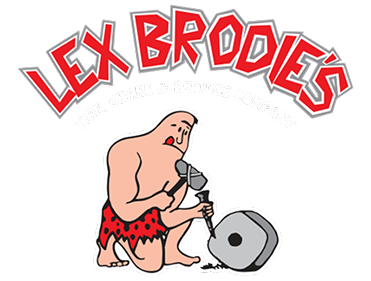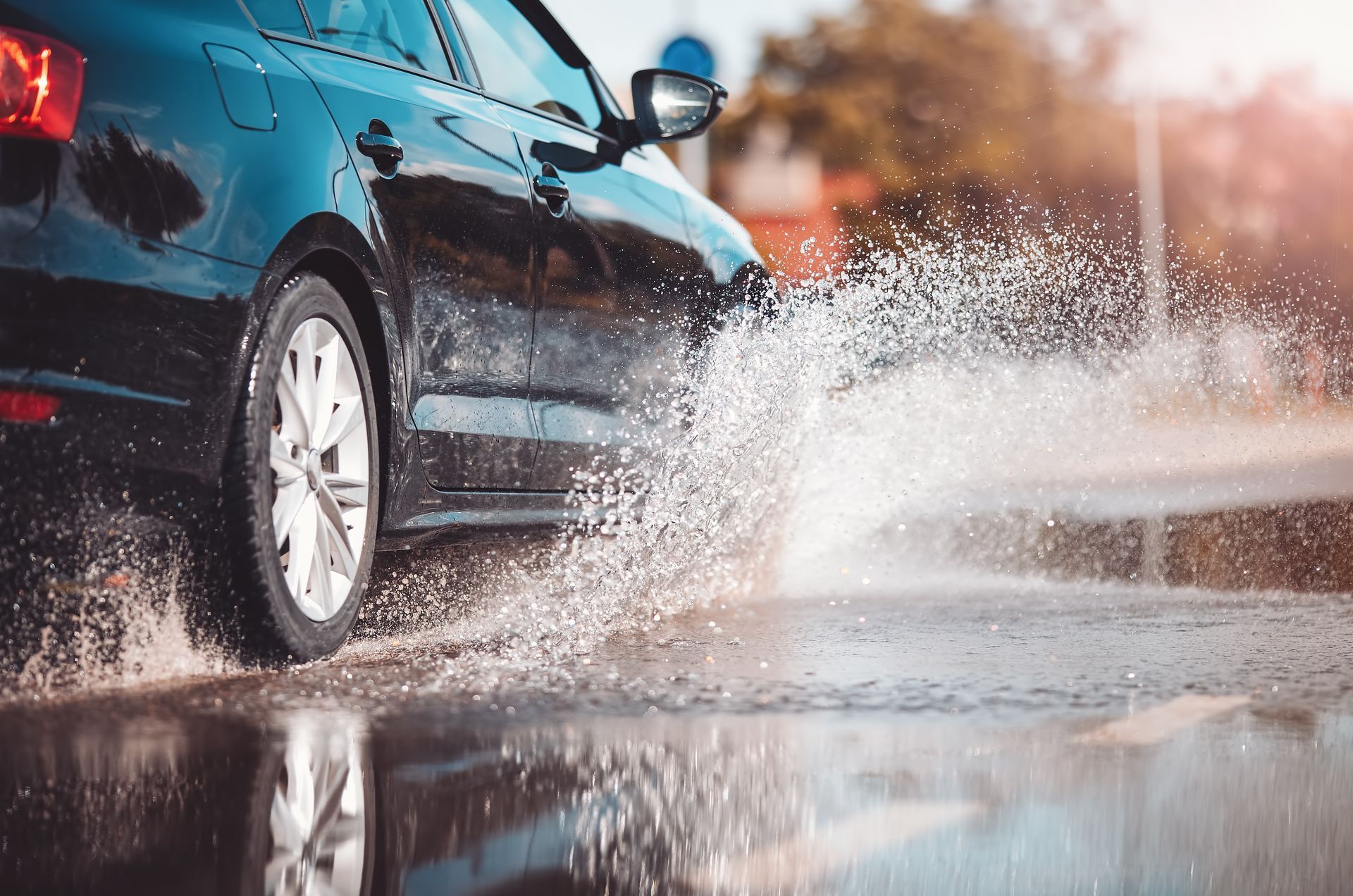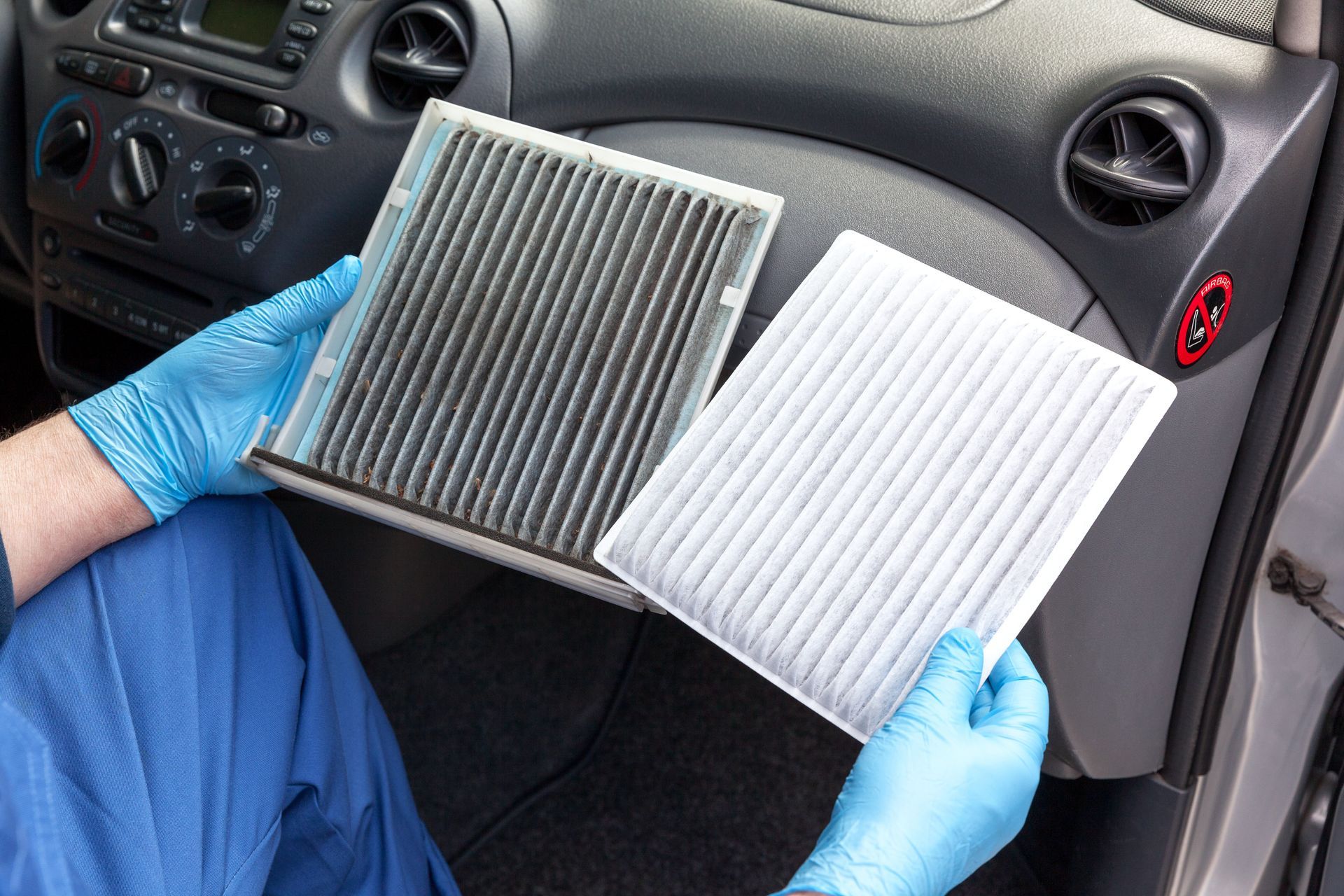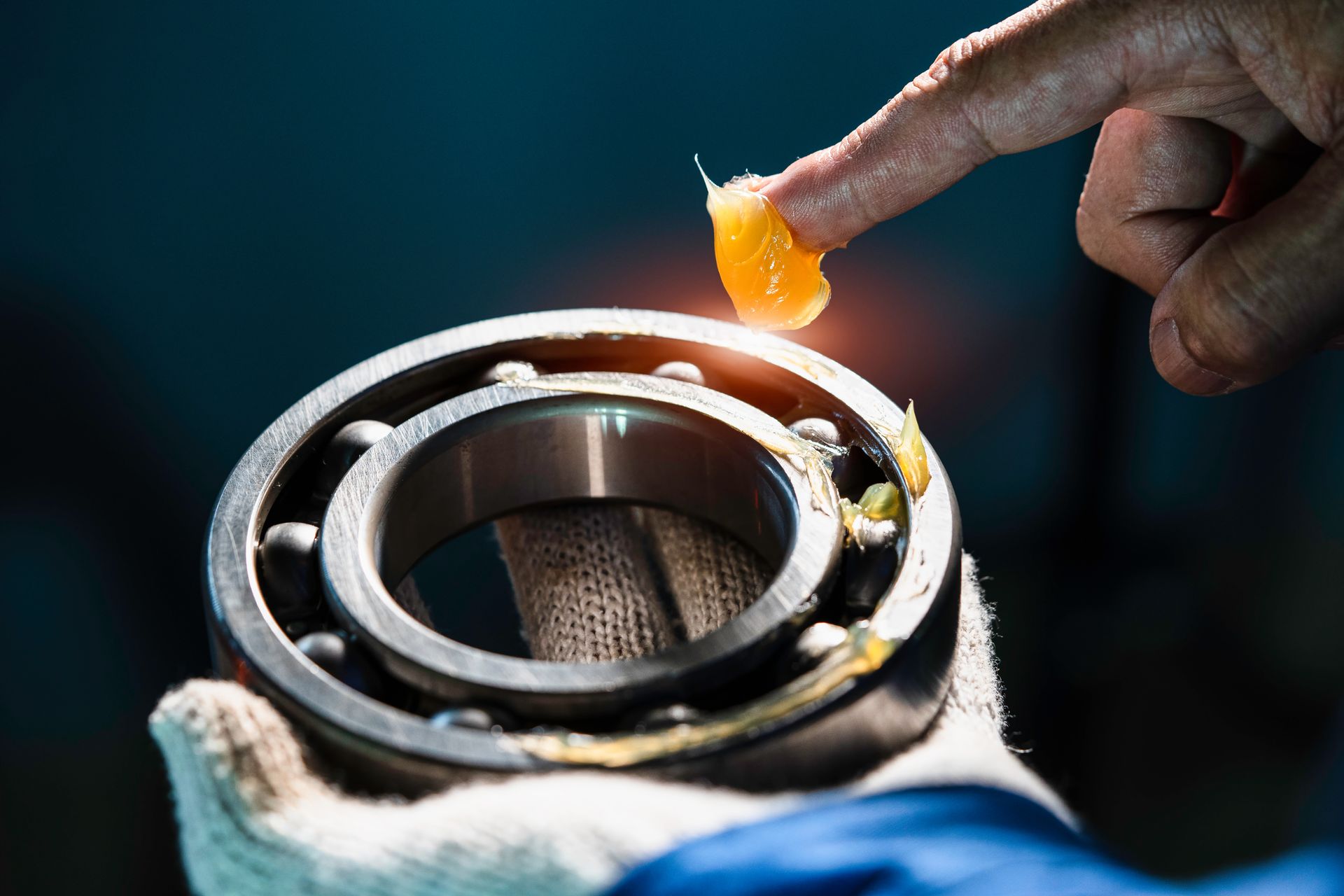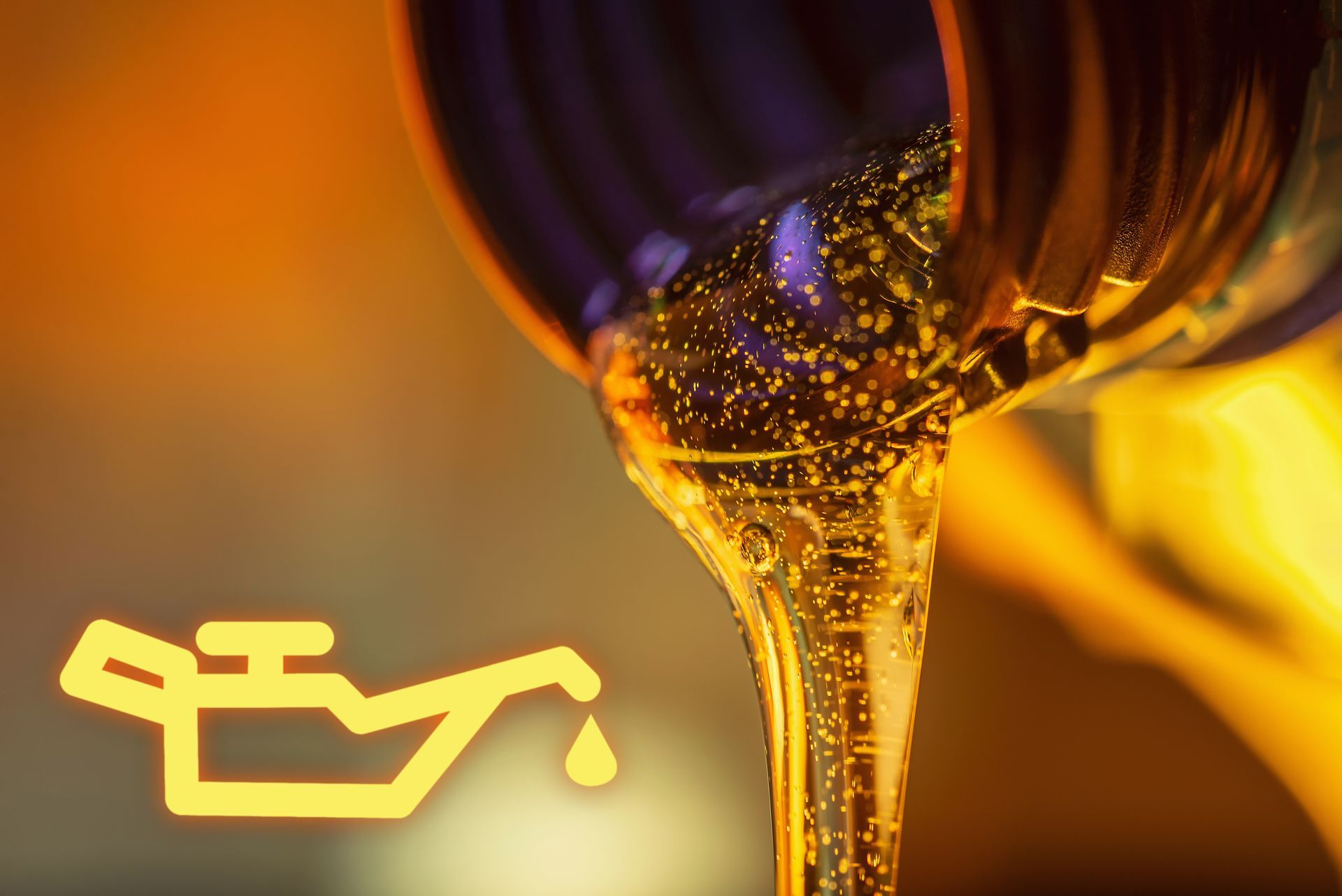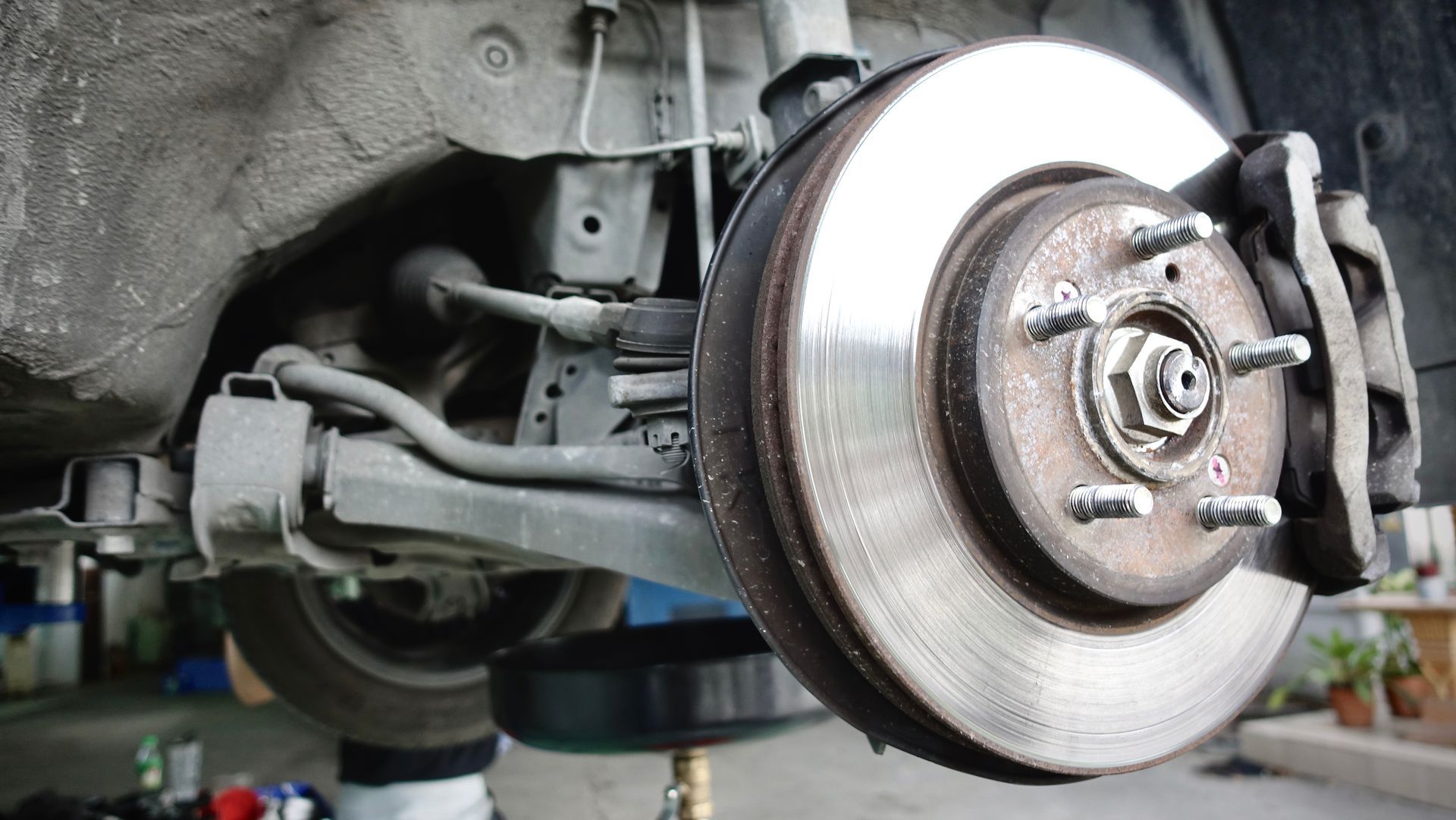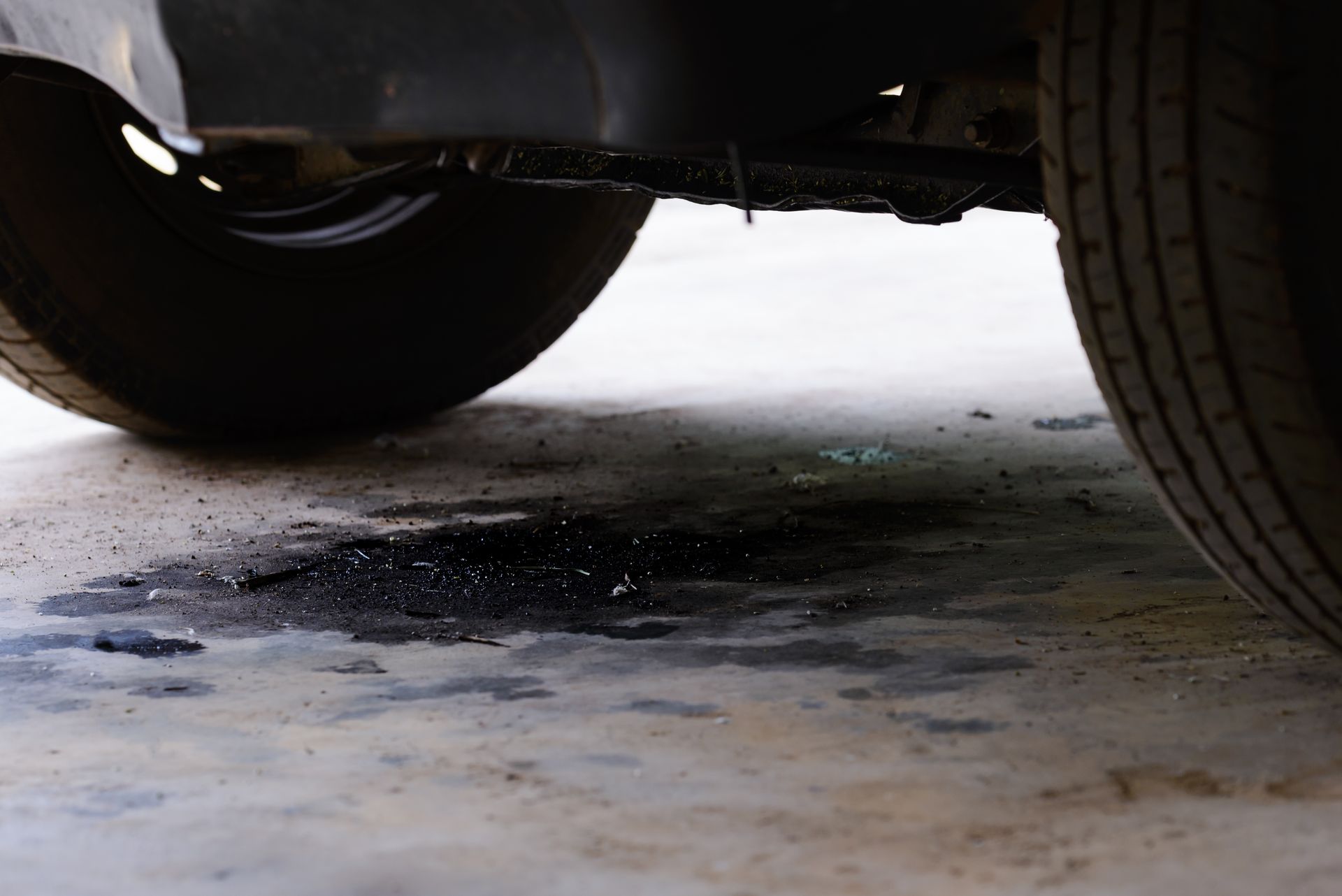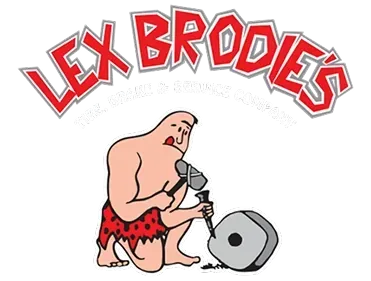How Can I Prevent My Car from Overheating?
February 28, 2025
A car that overheats is more than just an inconvenience—it can lead to costly repairs and even long-term engine damage if not addressed properly. Whether you're stuck in traffic or driving long distances, temperature spikes under the hood can quickly turn into a serious problem. Overheating is a common issue, especially in warmer climates where high temperatures put extra strain on your vehicle's cooling system. Fortunately, there are several steps you can take to keep your engine running at the right temperature and avoid breakdowns.
Keep an Eye on Coolant Levels
Your engine's cooling system relies on coolant, also known as antifreeze, to regulate temperature and prevent overheating. Low coolant levels are one of the leading causes of overheating, as the system won't be able to properly dissipate heat. Checking coolant levels regularly and topping them off as needed can help ensure your engine stays within a safe operating range.
It’s also important to inspect coolant for contamination. If the fluid looks rusty or has debris floating in it , it may be time for a flush and replacement. Old coolant loses its ability to properly regulate temperature, and a system flush can help remove any buildup that might be restricting proper circulation.
Inspect the Radiator and Hoses for Leaks
Leaks in the cooling system can quickly lead to overheating, as they reduce the amount of coolant circulating through the engine. Common places for leaks include the radiator, hoses, and water pump. If you notice puddles of coolant under your car, a visible crack in a hose, or steam coming from under the hood, these could all be signs of a leak.
Regularly checking hoses for cracks, bulges, or loose connections can help prevent leaks before they happen. The radiator itself should also be inspected for blockages or external damage that could impact its ability to cool the engine properly.
Ensure the Cooling Fans Are Working
Cooling fans play a crucial role in preventing overheating, particularly when you're driving at lower speeds or sitting in traffic. If the fan isn’t turning on when the engine temperature rises, it may be due to a blown fuse, a bad fan motor, or a faulty temperature sensor.
To test the fan, let your car idle and observe whether it activates as the engine warms up. If it doesn’t, a technician can check the electrical components and determine if repairs or replacements are necessary.
Pay Attention to the Thermostat
The thermostat regulates coolant flow based on the engine’s temperature. If it becomes stuck closed, the coolant won’t circulate properly, causing the engine to overheat. A failing thermostat can also cause fluctuating temperature readings or inconsistent cooling performance.
Replacing a faulty thermostat is a relatively simple and inexpensive fix that can prevent major engine damage. If you notice your temperature gauge rising and falling erratically, it might be time to have your thermostat inspected.
Driving Tips to Reduce Overheating Risk
While proper maintenance plays a huge role in preventing overheating, driving habits can also make a difference. When possible, avoid excessive stop-and-go traffic, as idling for long periods can put additional strain on the cooling system. If you're stuck in slow-moving traffic, shifting into neutral and lightly revving the engine can help circulate coolant and reduce heat buildup.
If your car starts to overheat while driving, turning on the heater can help draw excess heat away from the engine. While it may not be comfortable, it can temporarily lower the temperature enough to get you to a safe location where the issue can be addressed.
For drivers in Hawaii, the combination of high temperatures, humidity, and heavy traffic can put extra stress on your car’s cooling system. Making sure your vehicle is well-maintained and prepared for these conditions can prevent overheating and keep you on the road without interruptions.
Is your car running hotter than usual? Visit any of our LexBrodies locations in Hawaii for a cooling system inspection and prevent overheating before it happens. Schedule your appointment today!



